We acknowledge that meat production puts pressure on the Earth’s natural resources and leaves a substantial carbon footprint that we must reduce. This page provides an overview of the SDGs on which we have a particular impact.
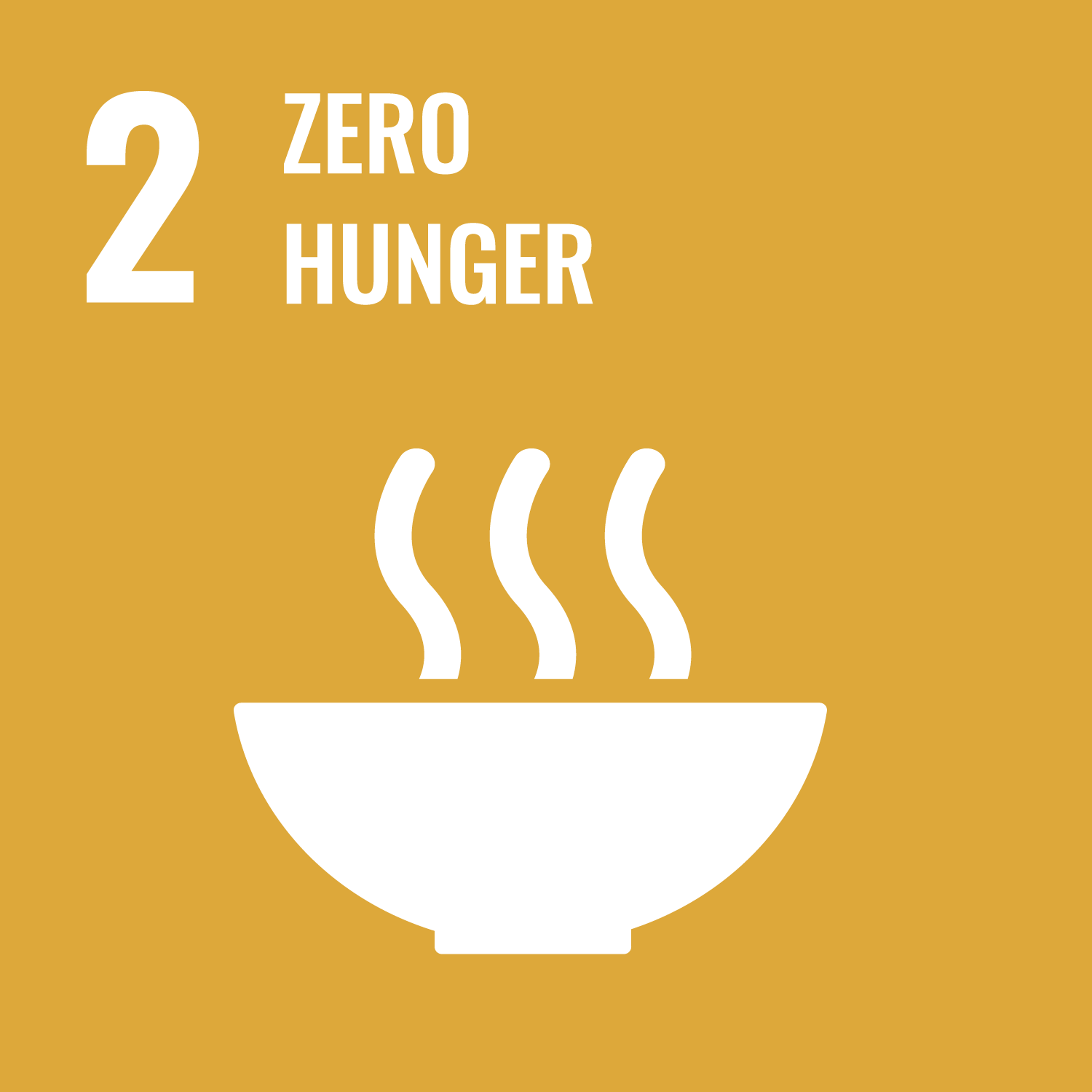
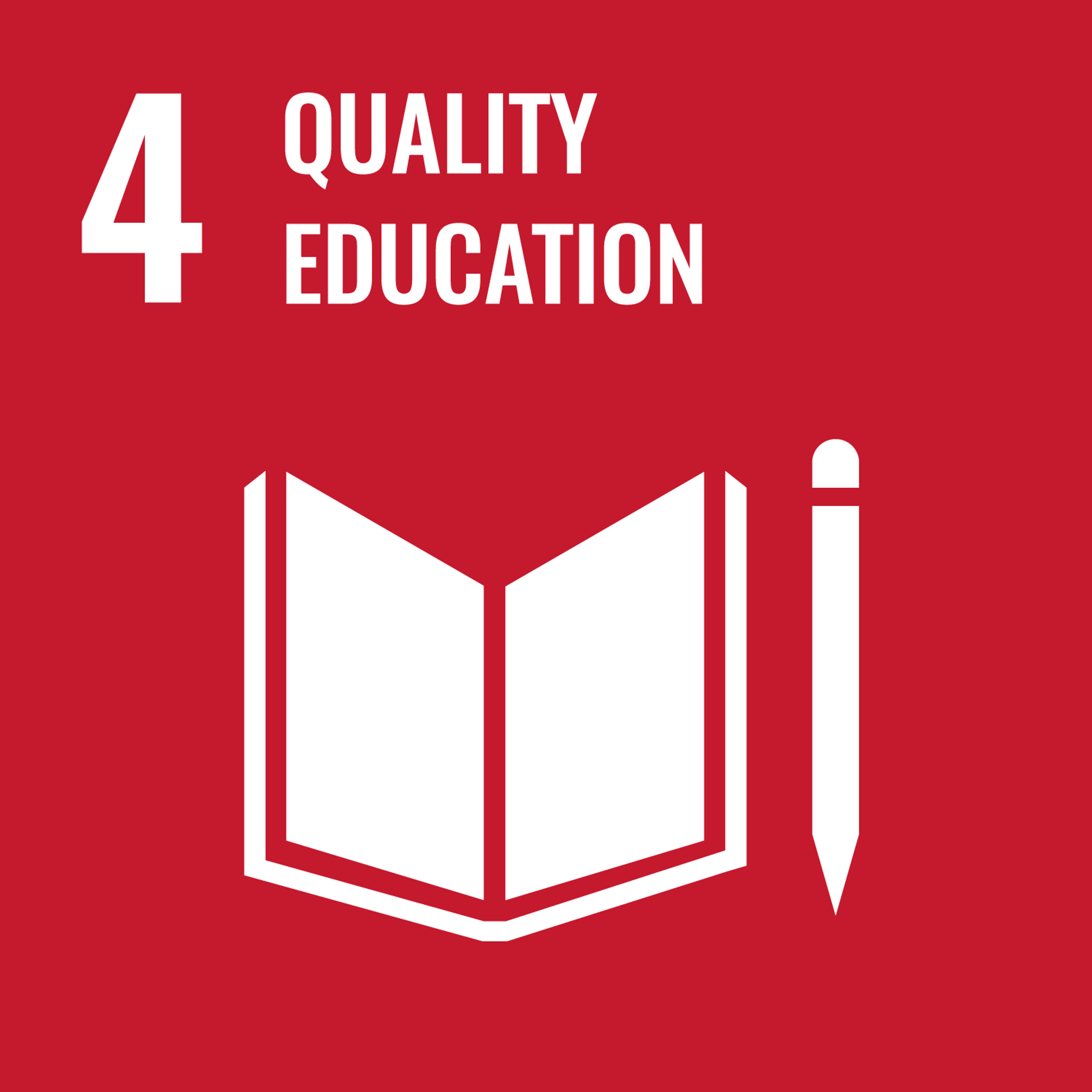
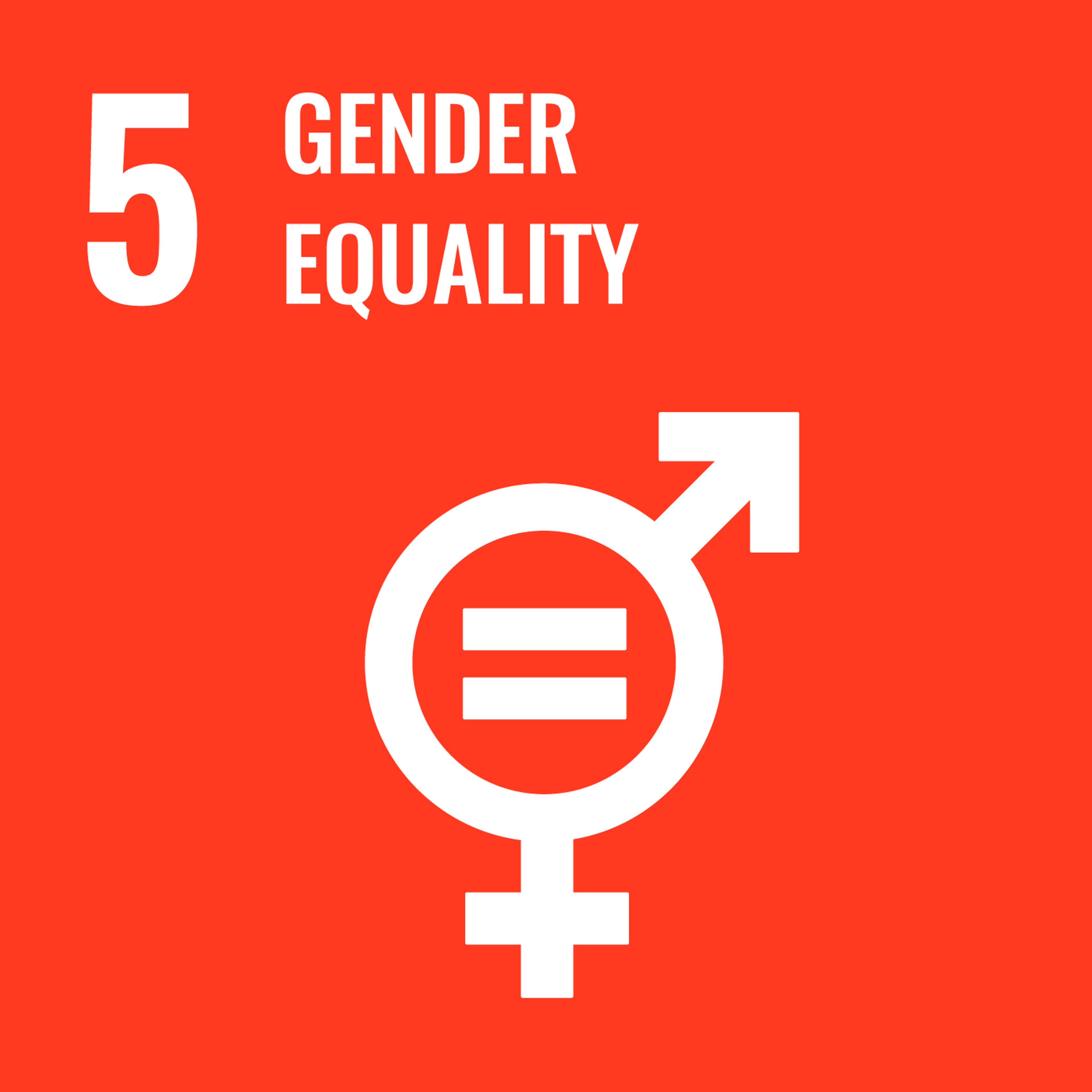
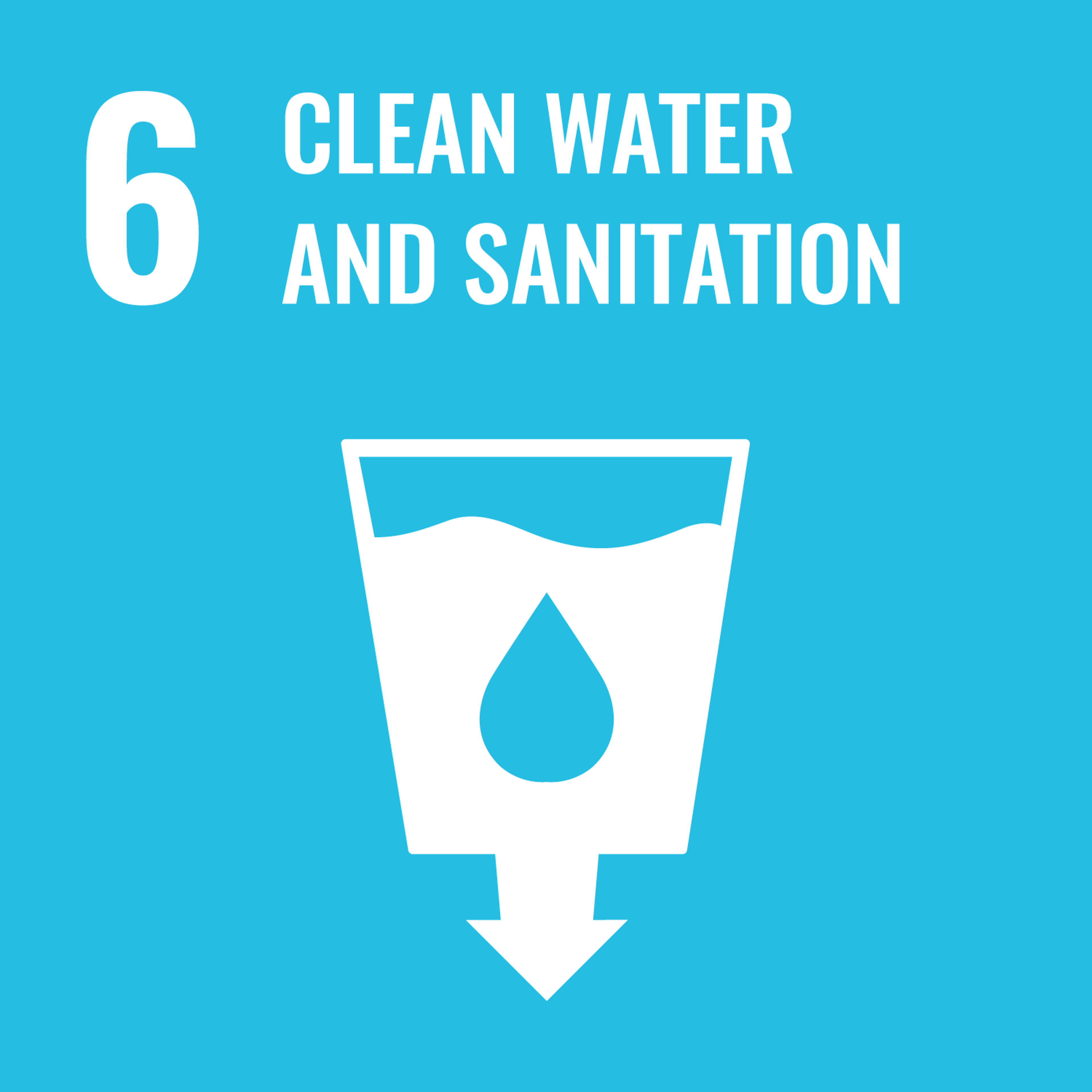
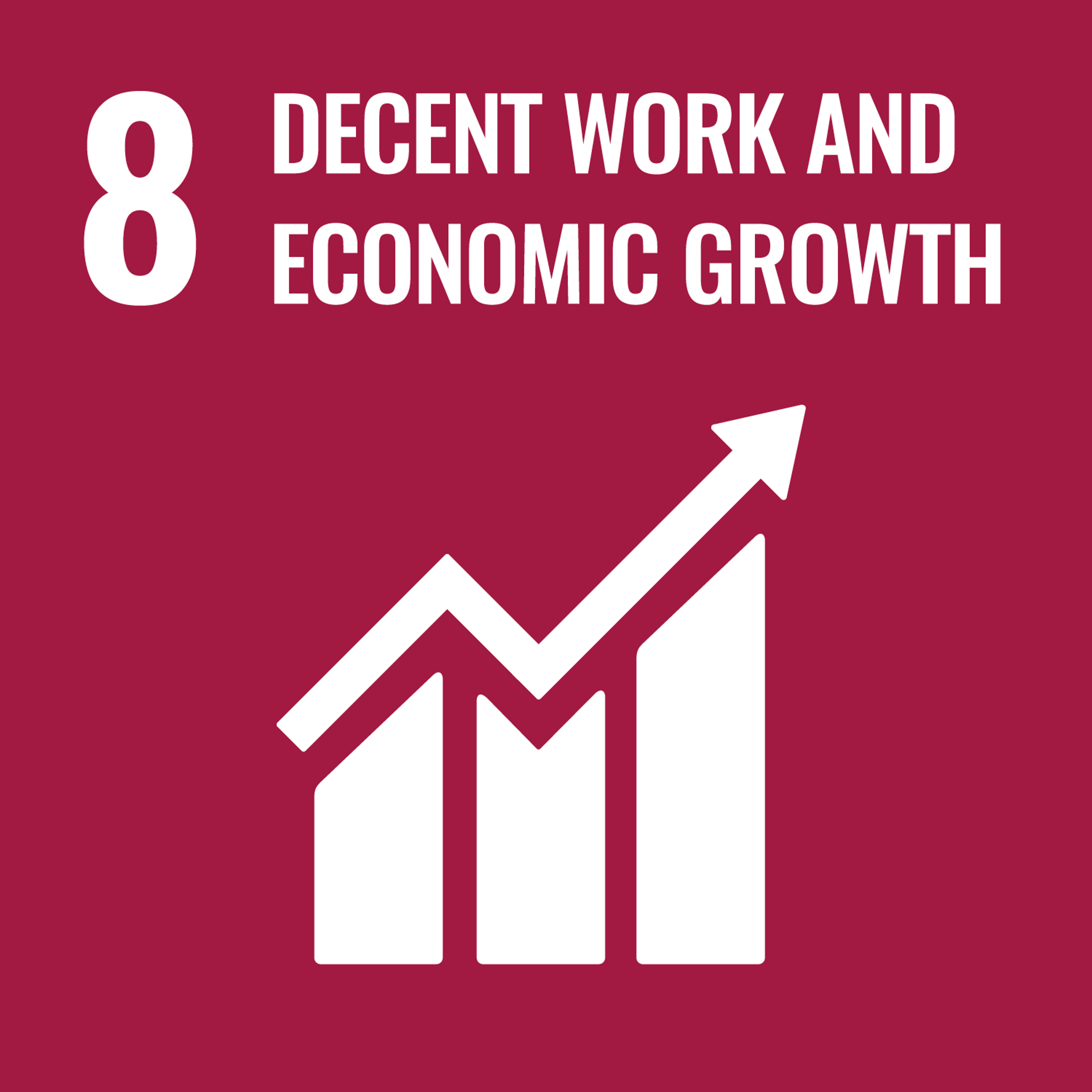
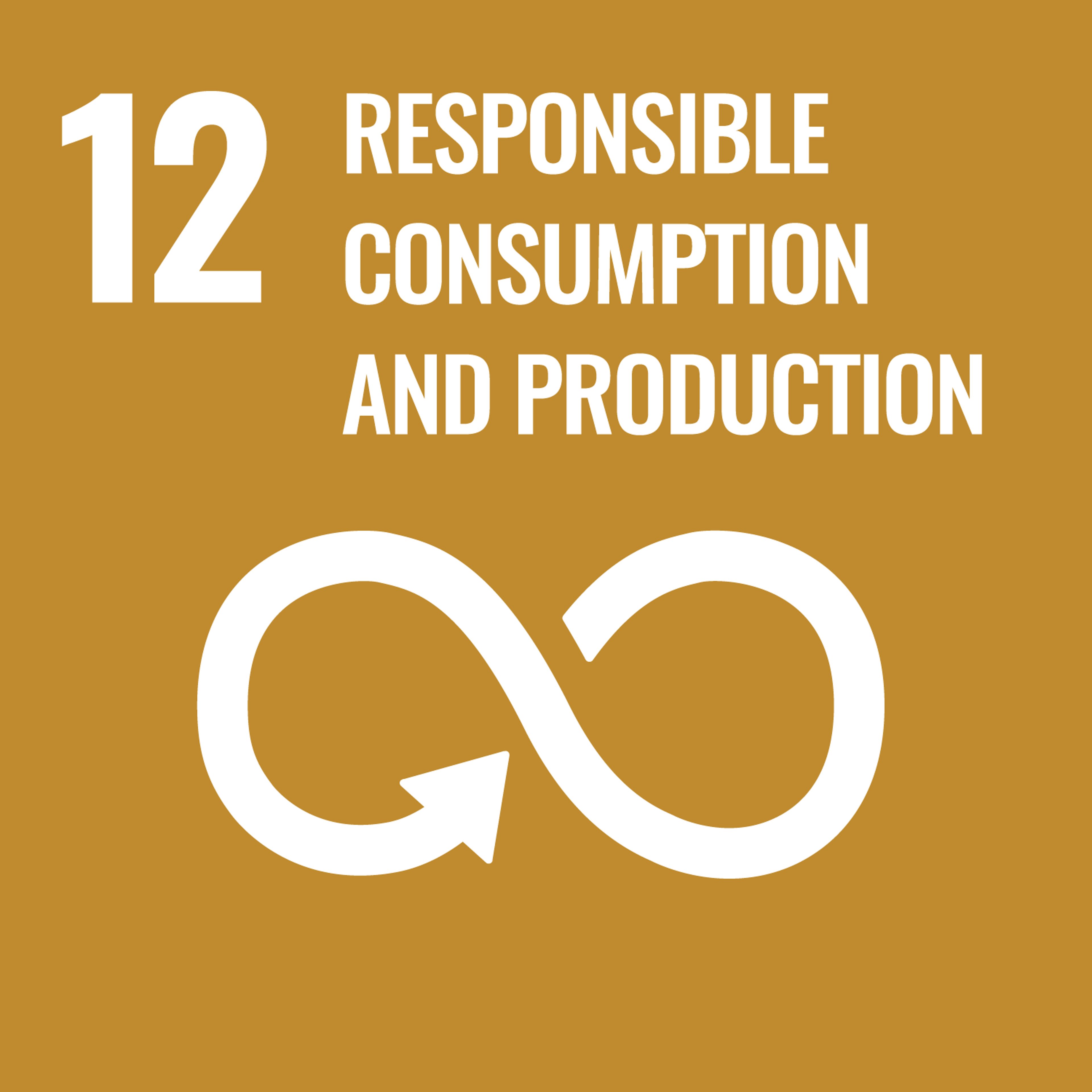
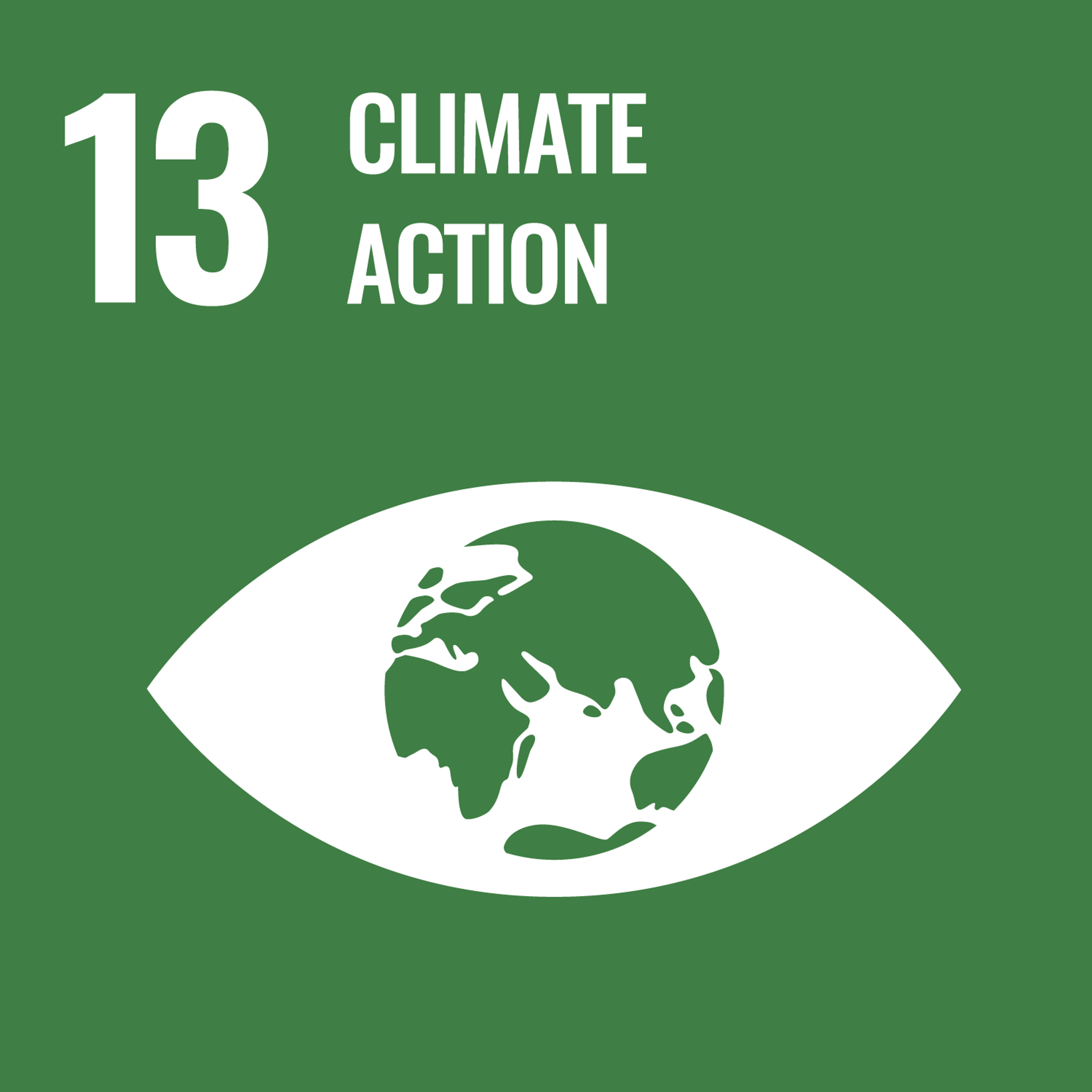
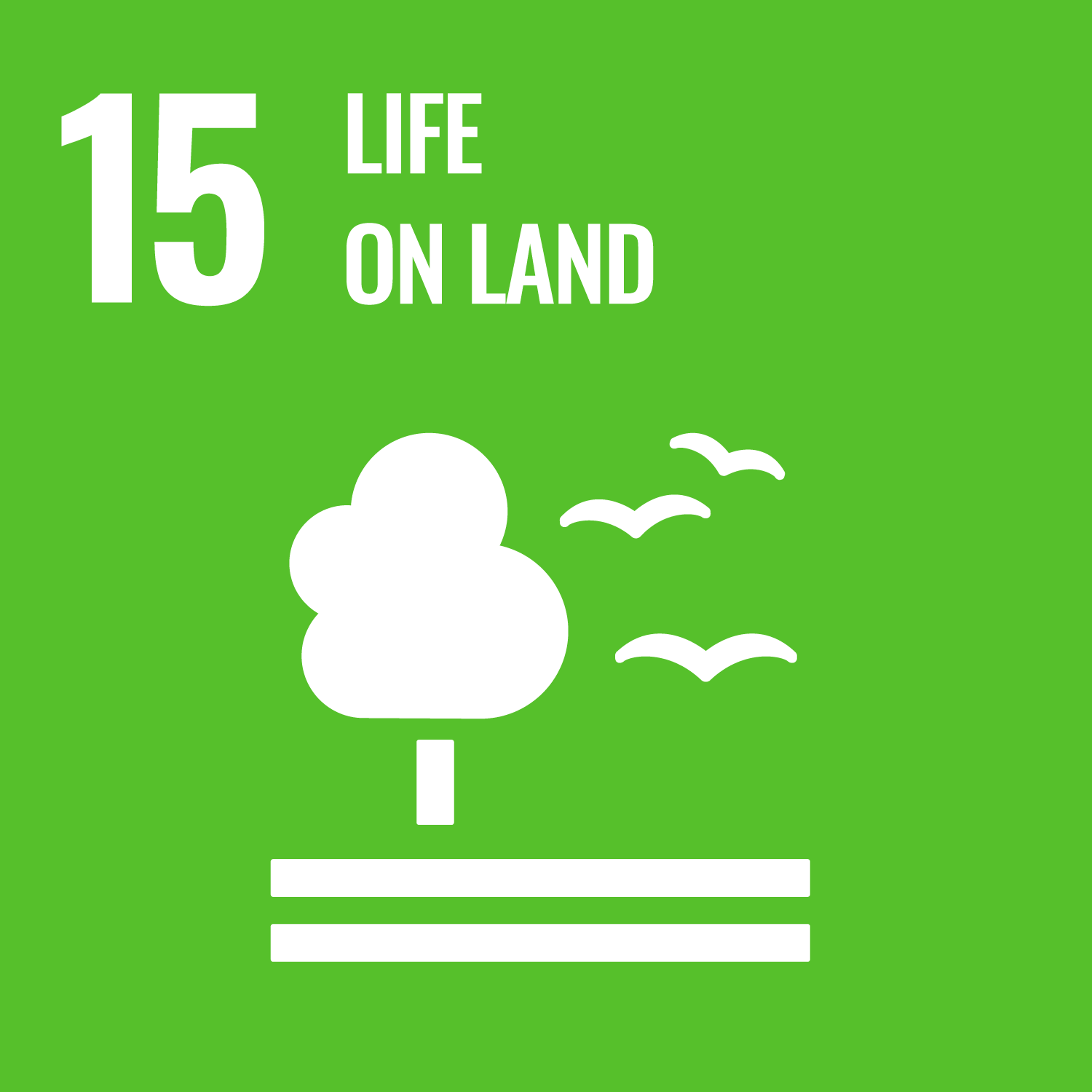
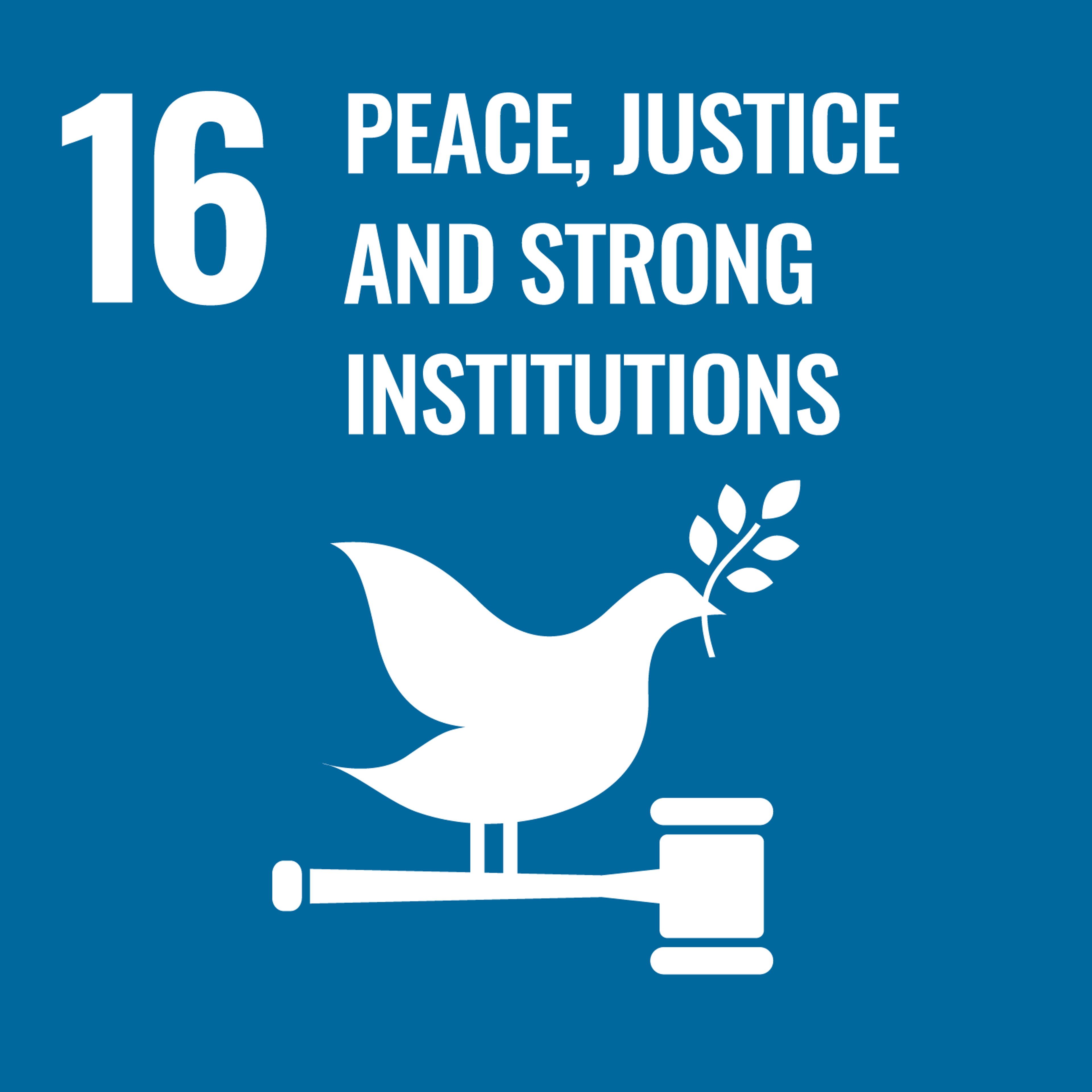
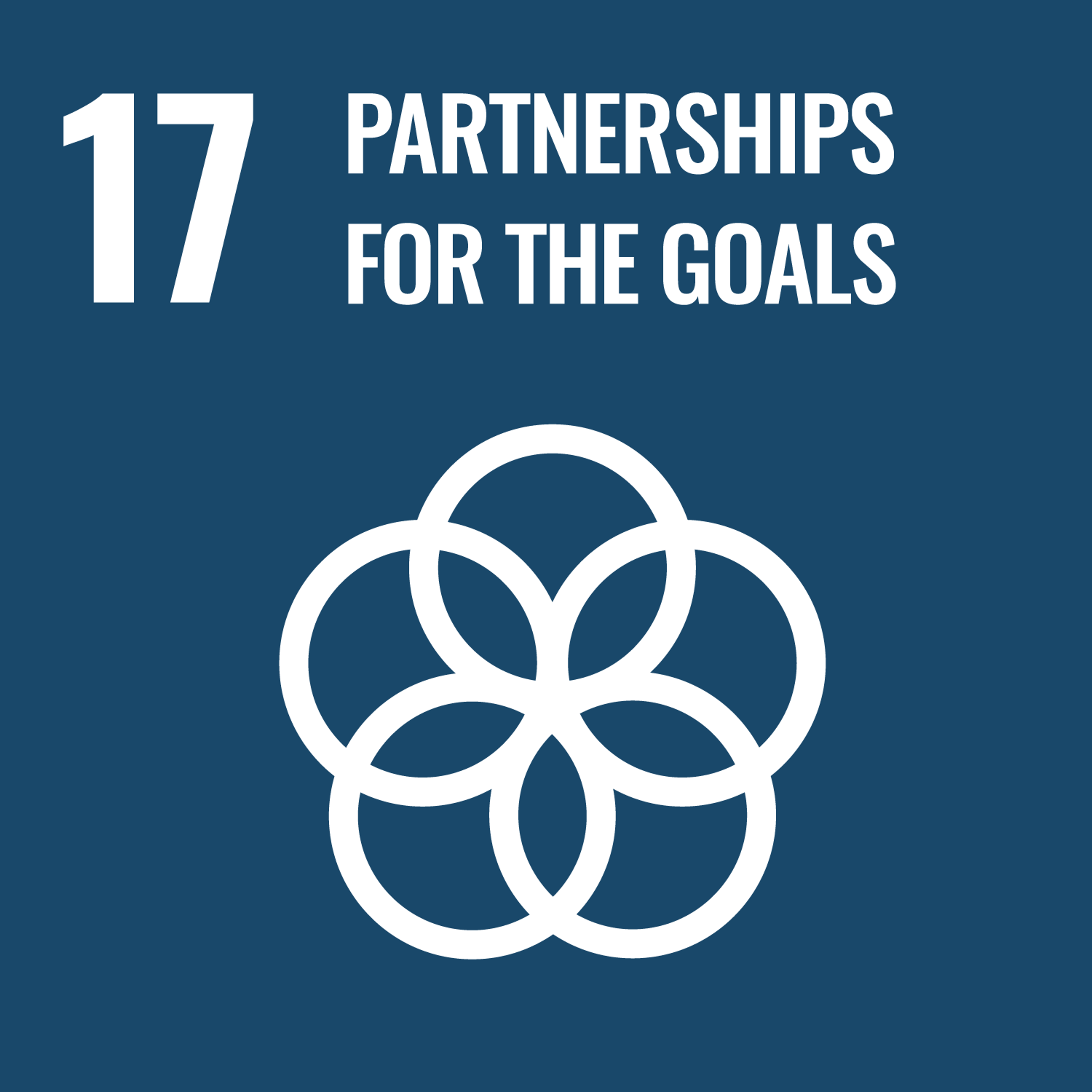
A growing population and increasing global demand for food require more intensive agriculture and food production. We deliver vital proteins through nutritious and safe food to people around the world and work to promote better agricultural practices in our supply chain.
Demands for formal education are increasing in the global labour market, putting pressure on unskilled workers. We offer young people, adults and people of different nationalities the chance to acquire skills, thus increasing the competence of the labour force.
Abattoirs and food-processing facilities primarily attract male employees, as does the agricultural sector. We are working to ensure equal leadership opportunities for women at all levels of our organisation.
Food production processes consume large volumes of water, which may place a strain on water resources. We strive continuously to identify new ways to minimise water consumption and reduce the organic matter in wastewater from our production and cleaning processes.
Working at abattoirs and food-processing facilities entails an increased risk of accidents, occupational injuries and workrelated illnesses. We create economic growth and aim to ensure decent work for all employees, protection of workers’ rights and a safe working environment.
Food production and society’s consumption patterns place a strain on natural resources and the environment. We strive to make efficient use of natural resources, reduce our environmental impact, reduce food waste and promote better practices and consumption.
Food production is a significant contributor to greenhouse gas emissions, particularly livestock production. We are committed to the Science Based Targets initiative (SBTi) and are working to reduce the climate impact of our operations and value chain.
Increased food production will require large amounts of existing and new agricultural land, which may cause biodiversity loss and ecosystem degradation. We are working to include biodiversity considerations in agriculture in our supply chain and promote deforestation free soy and palm oil.
For all businesses, fighting corruption is an important issue given its negative impact on economic and social development around the world. We support the principles of the UN Global Compact and use our influence to promote human rights and combat corruption in our value chain.
Achieving the SDGs requires extensive collaboration throughout the food chain and between industry, academia and government. We run and participate in multi-stakeholder partnership projects to develop new solutions that can contribute to a better food production.